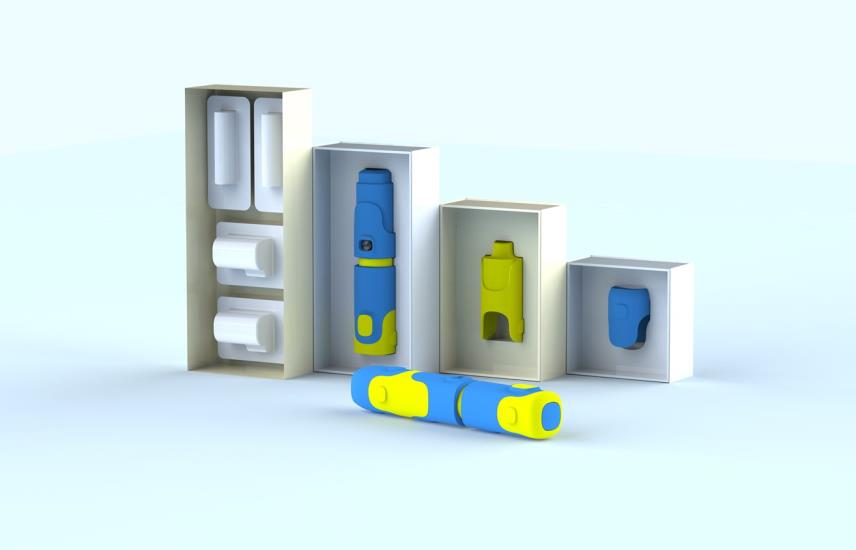The COVID-19 pandemic has accelerated advancements in vaccine technology, most notably with the rapid development and deployment of mRNA vaccines. These vaccines, which use messenger RNA to instruct cells to produce a protein that triggers an immune response, have shown remarkable efficacy. However, one of the significant challenges in administering these vaccines is the reliance on traditional needle-and-syringe methods. Needle-free injectors are emerging as a promising alternative, offering numerous benefits over conventional methods.
Advantages of Needle-Free Injectors
1. Increased Patient Compliance
Fear of needles, known as trypanophobia, affects a significant portion of the population, leading to vaccine hesitancy. Needle-free injectors can mitigate this fear, increasing vaccine uptake and compliance.
2. Reduced Risk of Needle-Stick Injuries
Healthcare workers are at risk of accidental needle-stick injuries, which can lead to the transmission of blood-borne pathogens. Needle-free injectors eliminate this risk, enhancing the safety of vaccine administration.

3. Enhanced Vaccine Stability
Certain needle-free systems can deliver vaccines in a dry powder form, which may be more stable than liquid formulations. This can reduce the need for cold chain storage, making distribution easier, especially in low-resource settings.
4. Potential for Dose-Sparing
Research has shown that needle-free injectors can deliver vaccines more efficiently, potentially allowing for lower doses to achieve the same immune response. This can extend vaccine supplies, a critical advantage during a pandemic.
mRNA Vaccines and Needle-Free Injectors: A Synergistic Combination
mRNA vaccines, such as those developed by Pfizer-BioNTech and Moderna for COVID-19, have unique storage and handling requirements. Integrating these vaccines with needle-free injector technology can offer several synergistic benefits:
Improved Immunogenicity
Studies suggest that needle-free delivery can enhance the immune response to vaccines. This is particularly beneficial for mRNA vaccines, which rely on efficient delivery to stimulate a robust immune response.
Simplified Logistics
Needle-free injectors, especially those capable of delivering dry powder formulations, can simplify the logistics of vaccine storage and distribution. This is crucial for mRNA vaccines, which typically require ultra-cold storage conditions.
Faster Mass Vaccination Campaigns
Needle-free injectors can speed up the vaccination process, as they are easier to use and do not require the same level of training as needle-and-syringe methods. This can accelerate mass vaccination campaigns, essential during pandemics.
Challenges and Future Directions
Despite their advantages, needle-free injectors face several challenges:
Cost
Needle-free injectors can be more expensive than traditional needles and syringes. However, as technology advances and economies of scale are realized, costs are expected to decrease.
Regulatory Approval
Regulatory pathways for needle-free injectors can be complex, as these devices must demonstrate safety and efficacy. Collaboration between manufacturers and regulatory bodies is essential to streamline approval processes.
Public Acceptance
Public perception and acceptance of needle-free injectors will play a crucial role in their widespread adoption. Education and awareness campaigns can help address misconceptions and build trust in this new technology.
Needle-free injectors represent a promising advancement in the delivery of mRNA vaccines, offering numerous benefits such as increased patient compliance, reduced risk of needle-stick injuries, enhanced vaccine stability, and potential dose-sparing. As the world continues to battle infectious diseases, the integration of mRNA vaccine technology with needle-free injectors could revolutionize vaccination practices, making them safer, more efficient, and more accessible. With continued research and development, needle-free injectors are poised to play a vital role in the future of global health.
Post time: Jul-24-2024
